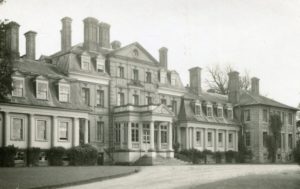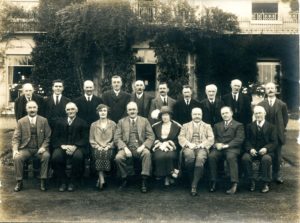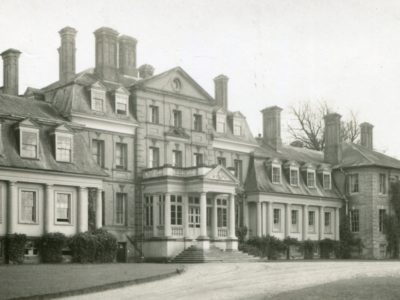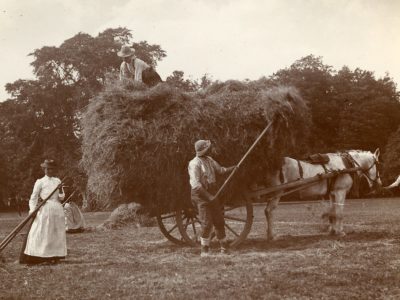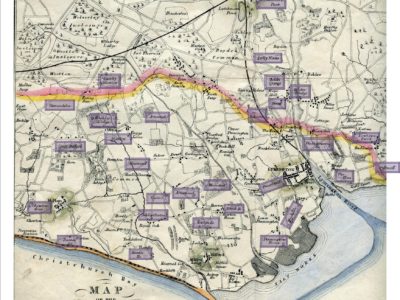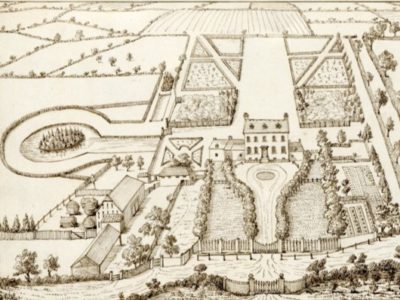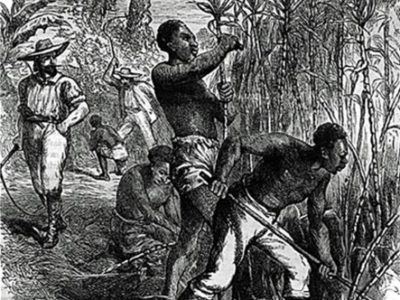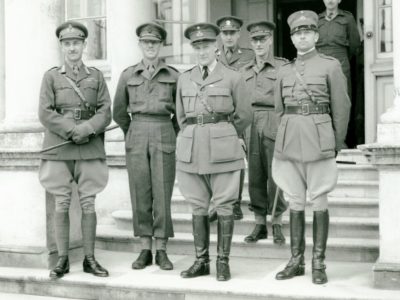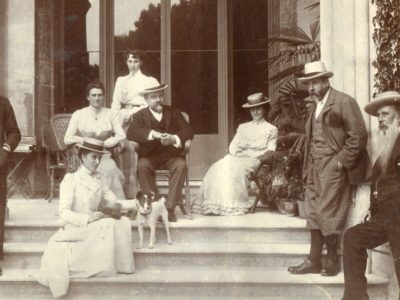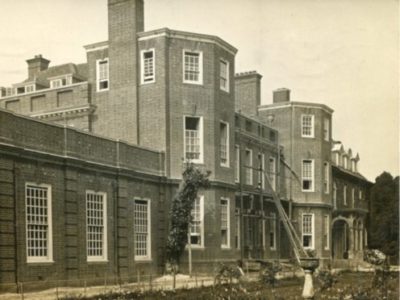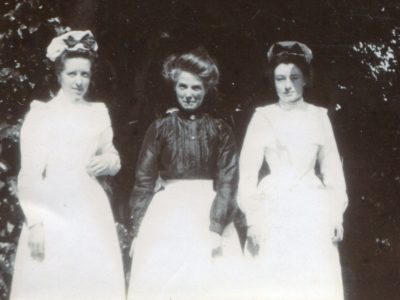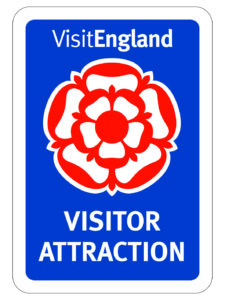For many centuries, land was the only sure basis for power in the country and it was the ownership of land which gave people the right to govern. Country houses thus usually had associated estates with significant amounts of land.
Money was acquired by all kinds of means including government and military service and trade, but it was only secure if invested in land. As a consequence anyone with significant quantities of money and any ambition bought themselves a country estate. Even at the beginning of the 19th century, when agriculture had stopped being the driver of the economy, patronage was still in the hands of the landowners who remained the dominant class until the 20th century.
A country house was more than just a place to live; it was a statement of power and ambition, whether local or national. It operated as a financial enterprise and a place for pleasure, socialising and entertainment. While the country houses in this area are not of very early origins or truly national status, they still reflect the changing fortunes and fashions in country houses over the last 400 years. The fortunes of the houses and their owners rose and fell over the centuries – with sparkling parties, bankruptcy, dynastic marriages, shrewd business practices and profligacy along the way.
Local country houses varied enormously in size and scale and owners were very aware of their status and relative position and wealth in the hierarchy. Where the leaders of fashion went, others followed behind. The history of the country house reveals more than just the lives of the rich or impoverished owners or indeed that of the armies of servants and farmers whose lives also revolved around the estates. They tell us how lives were lived, how money was made and lost, how relationships were formed and how power was exercised over the past centuries.
The prestige associated with owning a country house continued until the 1880s, when a deep agricultural depression challenged the notion that land was ‘safe’. By the 20th century, the notion that one needed a country house to achieve prominence had been laid to rest. The romantic allure of the country house remained as potent as ever for the rich but for the powerful a ‘house in the country’ with no more than a few acres was quite enough.

